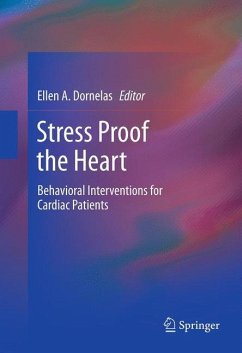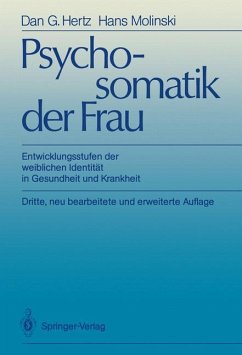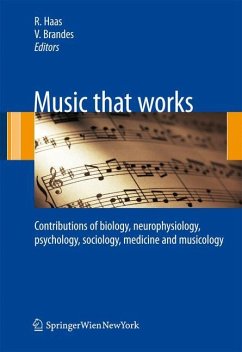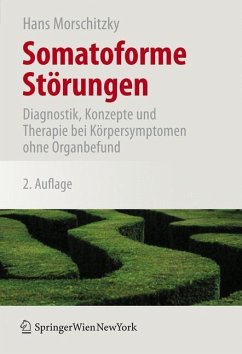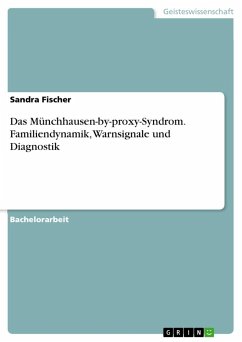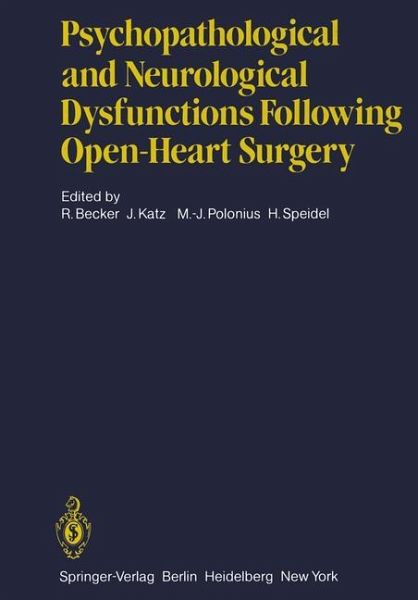
Psychopathological and Neurological Dysfunctions Following Open-Heart Surgery
Versandkostenfrei!
Versandfertig in 1-2 Wochen
77,99 €
inkl. MwSt.

PAYBACK Punkte
39 °P sammeln!
The Surgeon as a Humanist Medicine is the most humane of the sciences and the most scientific of the humanities. Cardiac surgery today provides a most natural confluence for the high technology of medicine and the humanistic values traditional in the practice of medicine. The cardiac surgeon must, of necessity, be knowledgeable in physiology and cardio logy, and must also possess consummate surgical technical skill. The attainment of these skills over long years of training leads many of these surgeons to believe or per ceive this long struggle as an apotheosis of their position in life, rathe...
The Surgeon as a Humanist Medicine is the most humane of the sciences and the most scientific of the humanities. Cardiac surgery today provides a most natural confluence for the high technology of medicine and the humanistic values traditional in the practice of medicine. The cardiac surgeon must, of necessity, be knowledgeable in physiology and cardio logy, and must also possess consummate surgical technical skill. The attainment of these skills over long years of training leads many of these surgeons to believe or per ceive this long struggle as an apotheosis of their position in life, rather than as an education in bringing the latest scientific advances to the care of patients. The problem lies not only with the cardiac surgeon; it is also contributed to by the patients' perception of heart surgery, heart disease, and the mystery of the science and physiology involved. The patient with heart disease expecting surgery may, for the first time, be facing the finiteness of his existence. The low risk of cardiac surgery to day not withstanding, the coronary surgery patients, most likely a type A personality, is faced with a perceived threat to his invulnerability, his self-image, his family, his independence, his control of situations, and his very existence.





